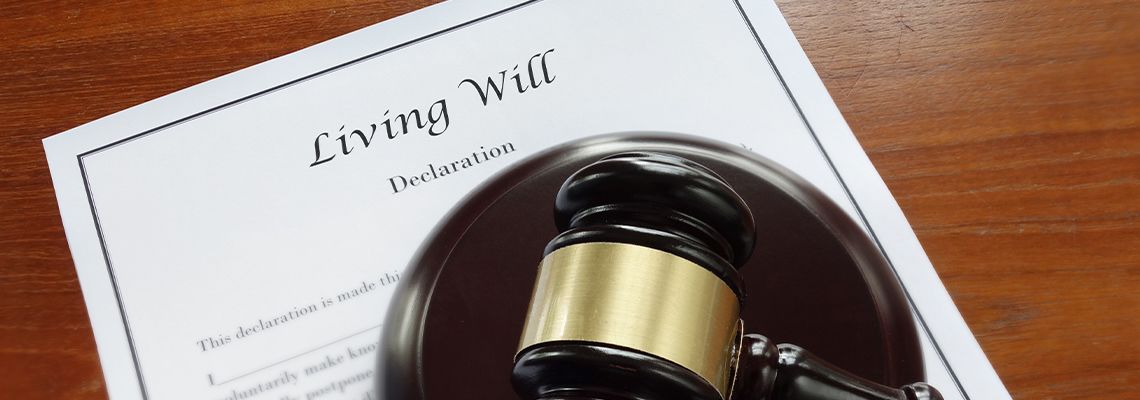Sanders & Sanders
What Is a Determination of Heirship, and When Is It Necessary?
When someone dies without a valid will in Maryland, questions often come up about who’s legally entitled to inherit their property. Family members may disagree, records might be missing, or there may be relatives no one’s heard from in decades. This is where a determination of heirship becomes critical.










